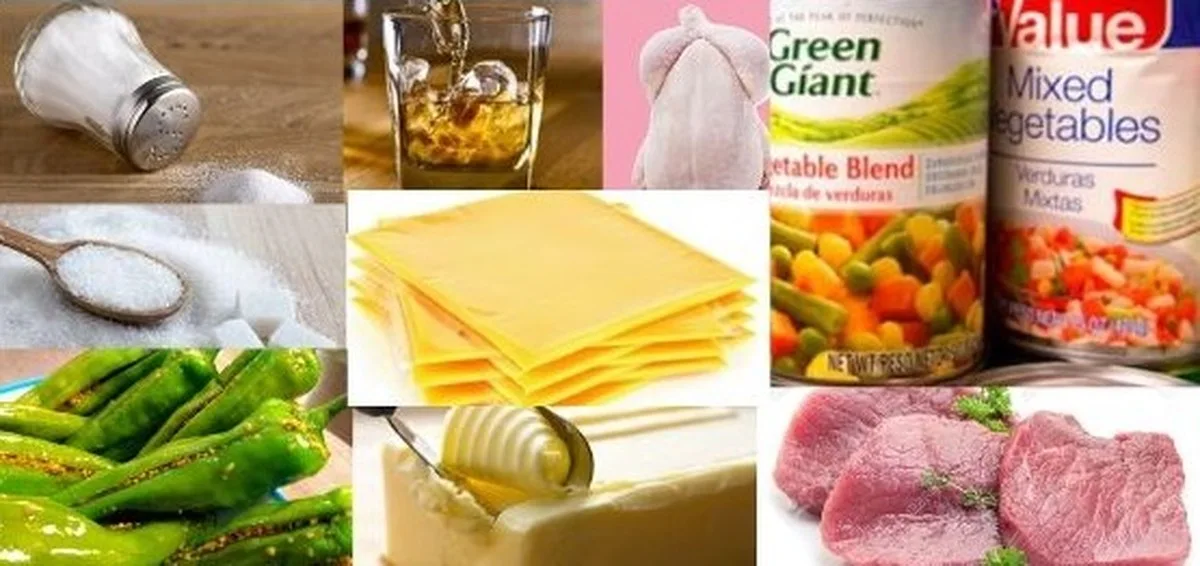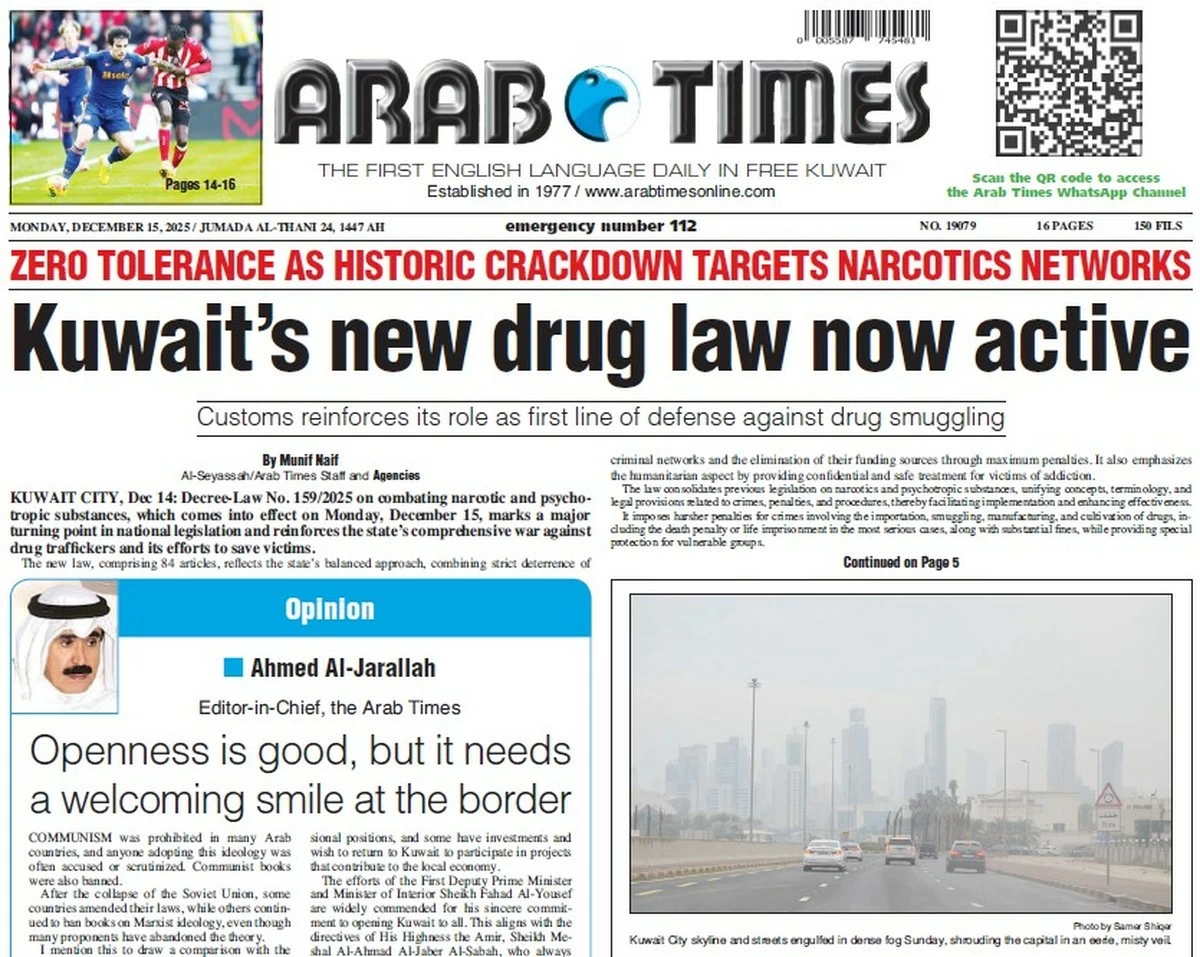27/10/2024
27/10/2024

LONDON, Oct 27: Approximately 30% of adults are believed to have high blood pressure, with 15% reportedly living with untreated hypertension, according to the NHS. This condition can lead to serious health issues such as heart attacks and kidney disease; however, it can often be managed with certain lifestyle changes.
Senior Dietitian Victoria Taylor has outlined important dietary do’s and don’ts for managing high blood pressure, identifying four foods that should be avoided. She also provides one recommendation that could actively help lower blood pressure.
The British Heart Foundation expert emphasized that salty foods should be the first to go. She advised that individuals limit their salt intake to no more than 6 grams per day, which is about one teaspoon. While this might seem manageable, she noted, “Most of the salt we eat is already in our food,” pointing out that it can be found in items like olives, crisps, sauces, and pickles, as well as in processed meats, along with staples like bread and breakfast cereals.
To combat this, Victoria recommends opting for low-salt alternatives and preparing low-salt meals at home instead of relying on takeaways. She also cautioned against sugary and fatty foods, which can contribute to weight gain and indirectly raise blood pressure.
Alcohol consumption can also be a concern for those with hypertension, as excessive drinking can lead to weight gain over time. Victoria noted that while it’s not necessary to eliminate alcohol completely, moderation is key, suggesting consumption should be significantly less than the government guidelines of 14 units per week.
Finally, the dietitian advised reducing caffeine intake, as it can elevate blood pressure temporarily. While this effect is usually short-lived, she warned that some individuals may be more sensitive to caffeine, and excessive consumption could lead to lasting increases in blood pressure. She highlighted that caffeine is not only present in coffee and tea but also in soft drinks and chocolate.
On a positive note, Victoria recommends increasing the intake of low-fat dairy products, which can help manage blood pressure. She explained, “Dairy products contain a complex combination of nutrients, including calcium, which has been linked to blood pressure reduction.” Low-fat dairy provides calcium and protein without excess fats.
These dietary recommendations are based on research from the National Heart, Lung, and Blood Institute in the USA, known as the Dietary Approaches to Stop Hypertension (DASH) diet method.


